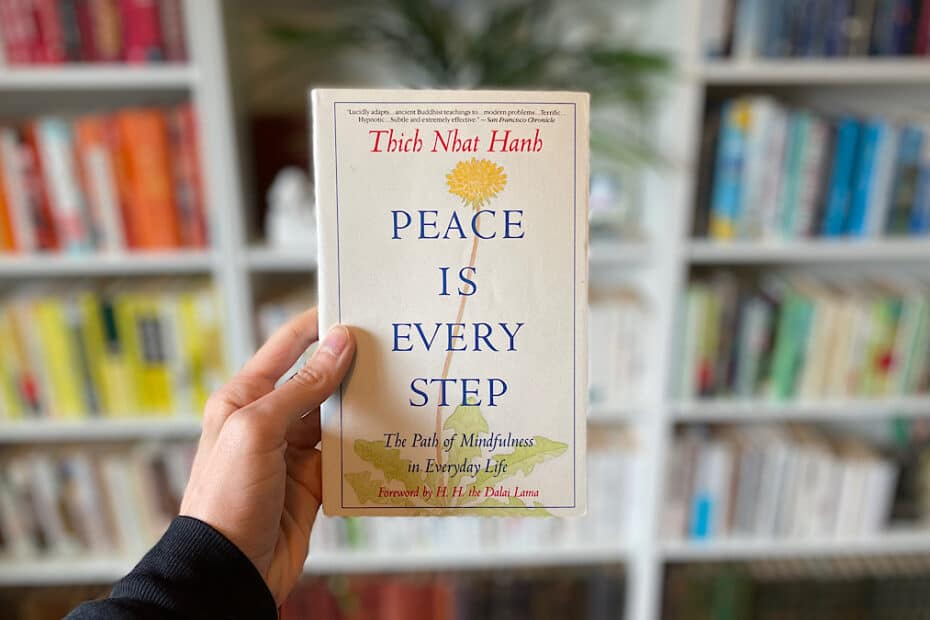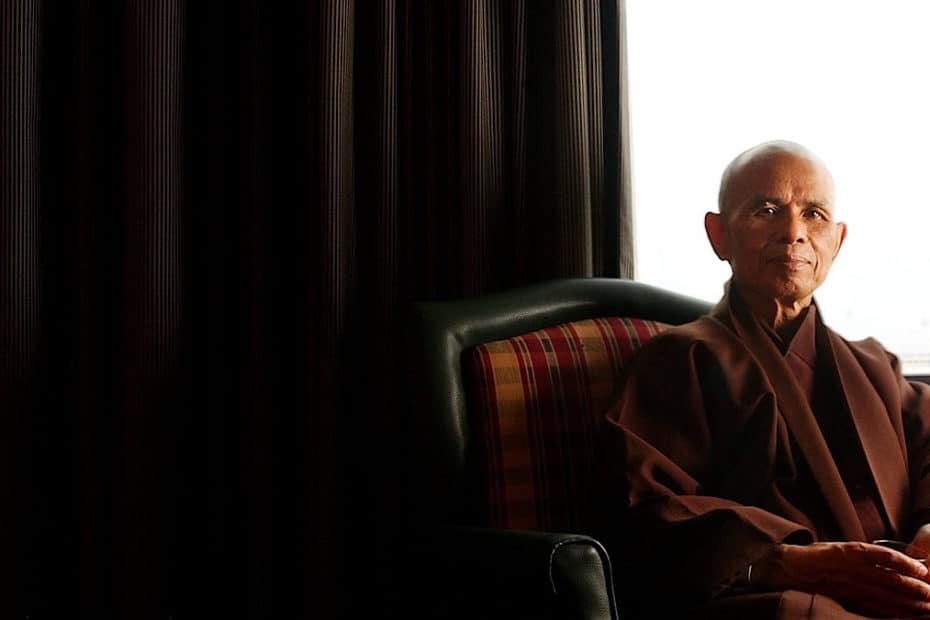“We really have to understand the person we want to love. If our love is only a will to possess, it is not love. If we only think of ourselves, if we know only our own needs and ignore the needs of the other person, we cannot love. We must look deeply in order to see and understand the needs, aspirations, and suffering of the person we love. This is the ground of real love. You cannot resist loving another person when you really understand him or her.” ~ Thich Nhat Hanh, Peace is Every Step
— The More: —
Take Action: From time to time, sit close to the one you love, hold his or her hand, and ask, “Darling, do I understand you enough? Or am I making you suffer? Please tell me so that I can learn to love you properly. I don’t want to make you suffer, and if I do so because of my ignorance, please tell me so that I can love you better, so that you can be happy.” If you say this in a voice that communicates your real openness to understand, the other person may cry. That is a good sign, because it means the door of understanding is opening and everything will be possible again.
Comment: Do you feel that you and your partner understand each other deeply? If so, what methods have kept the doors of understanding so open for you and your relationship?


![Pillow Punching - Good or Bad for Anger Management? [Excerpt]](https://movemequotes.com/wp-content/uploads/2017/02/IMG_0380-930x620.jpg)
